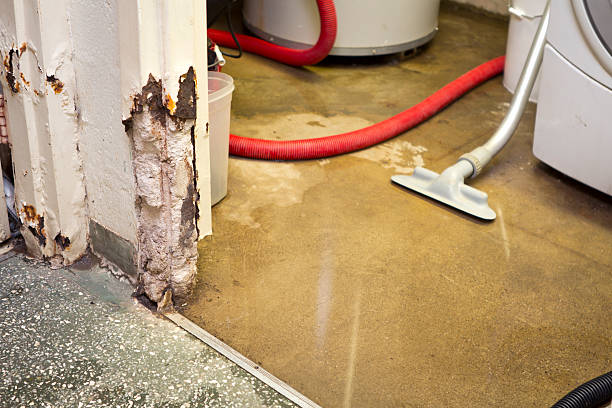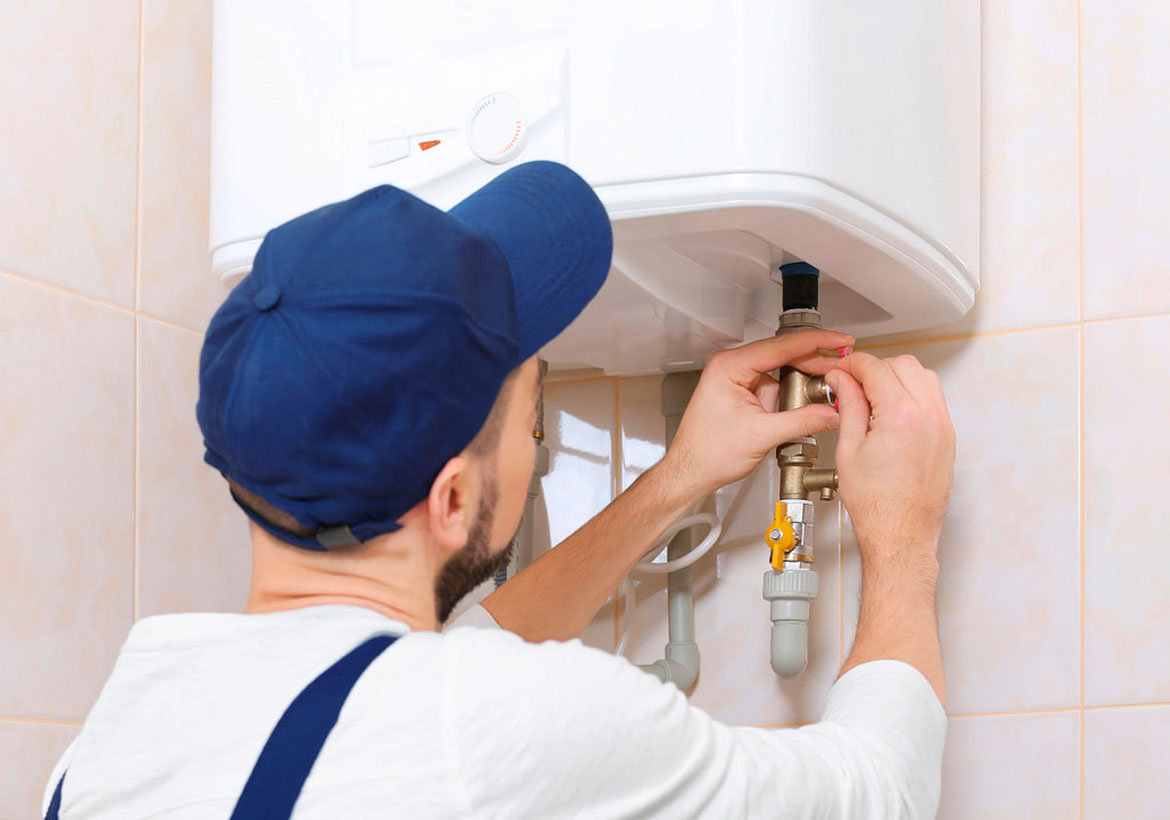Vital Recommendations for House Owners Managing Malfunctioning Hot Water Systems
Vital Recommendations for House Owners Managing Malfunctioning Hot Water Systems
Blog Article
What are your beliefs about How to Avoid a Broken Hot Water Heater?

Whether it lies in the cellar or a different room, broken water heaters can trigger anxiety. A basic system holds 80 gallons, so an overnight leakage will certainly lead to a flood. This leads to significant home damages with soaked walls and floorings. Having no hot water supply is additionally problematic. If you are managing these problems, bear in mind of the following:
Call the Plumber
After doing the very first 2 safety steps, you have to call your plumber to come right away to deal with a ruptured water heating unit. There are normally indicators that your aging water heating system has debris build-up in the inside.
Instead, as soon as you spot these indications, have a professional come to examine your water heater tank. Generally, water heating systems have a life-span of regarding 8 to 12 years.
Cut Off the Cold Water Supply
Cut off the tanks faucet water supply from the source. This goes from your major water line into the storage tank. When your container is in good condition, the cold water quits filling out when the storage tank is complete. But considering that it is dripping, the water will continue to stream. Close the valve found at the top of the heater. Turn this clockwise to shut it off. You have to transform off that main water supply line outside your residential property if you can not find it or reach it.
Turn Off Power Source
Prior to calling the plumber, shut off a gas water heater by transforming the temperature dial. This is generally found on top of the thermostat. Switch off the circuit breaker if you have a version that runs on electric power. This will certainly avoid electrocution, specifically if there is a leak as water is a conductor. Generally, the burner shuts down when the water strikes a details temperature. With a damaged storage tank, it may malfunction. Cutting it off assures you stay secure.
Tidy up Building
After calling the plumber, document damages by taking notes and also photos so you can claim your property owner's insurance. Remove any kind of standing water to avoid mold and mildew and mold growth. If you have a completely submersible water pump, make use of that to drain the water.
Bear in mind, if you observe any concerns with your water heater, call the pros right away. You can not take this issue lightly due to the fact that a damaged thermostat can raise water temp to an alarmingly high level, causing unexpected burns. A broken heating unit stress safety valve can likewise trigger an explosion. For best outcomes, obtain an annual check so your system obtains examined, cleaned up, drained pipes, and also replenished, assuring optimum efficiency.
After doing the initial 2 security steps, you should call your plumber to come right away to take care of a fractured water heater. Instead, as soon as you spot these indicators, have actually a specialist come to check your water heating unit tank. Before calling the plumber, shut off a gas water heating system by transforming the temperature dial. If you have a submersible water pump, make use of that to drain the water. Bear in mind, if you observe any problems with your water heating system, call the pros right away.
Is My Water Heater Broken?
The Water Heater is Old
No appliance will last forever. This includes a home’s water heater. During its lifespan, residents are going to face a situation where a new water heater installation will be necessary. The biggest problem with this is that most people are not sure when their water heater expires. Not knowing this can lead to serious risks if the unit begins to act up due to old age.
Most makes and models of water heaters will last between eight and 10 years. While 10 years is the age when water heater replacement is highly recommended, the need to replace the unit may occur before this time or after. If the unit doesn’t show any symptoms of a problem, it is a good idea to replace it at the 10-year mark (from the manufacture date).
Some of the symptoms that indicate a new unit is needed include rusting, leaks, noises, and a failure to heat up the water. Also, note that not all units have a 10-year life expectancy. The main exception to this rule is that a gas unit will last for six to eight years.
Rusty Heater Inlet Valve or Water
While steel is the strongest material on earth, it does have a weakness – rust. If corrosion occurs on a steel surface, it will begin to spread and eat through the steel in certain areas. On water tanks and pipes that are made of steel, rust is a warning sign of an impending leak.
The issue for many is trying to figure out if the rust is coming from the water heater or the pipes that lead to the faucet. If rust is seen, it is a clear indication that water heater service from the professionals is needed.
If rusty water appears out of the faucets in the bathtub or sink, it likely means a rusty water heater. If there is rust near the water inlet or the pressure relief valve, rust has likely developed inside the tank. If tap water appears rusty, it may be an issue with the pipes.
Strange Sounds from the Water Heater
Are there strange sounds coming from the tank? As a water heater gets older, rumbling noises may develop and get louder and louder as the water in the tank heats up. In homes where large amounts of hot water are used, the issue is likely going to be even more obvious when more serious issues arise. If there is a strange or loud noise coming from the unit, it is probably because of sediment buildup. A good way to remedy this problem is by flushing the heater. If this does not work, then a new unit may need to be installed.
Leaks
As a water heater gets closer to the end of its useful life, there is a higher chance there will be water around the tank. If there is water, this usually means leaks are occurring. Based on where the unit is located in the home, a leak may result in serious property damage.
Leaks are usually caused by expansions in the metal tank. The expansions occur as time passes and as the inside body of the tank is exposed to multiple heating cycles per day. When a fracture forms, the gap will be slight enough to hold the water in; however, in more serious situations, this will not be the case. If the tank is idle, the water will not leak but when the metal expands during each heating system, small amounts of water will get through the gap.

Do you enjoy reading up on Water Heater Repair? Put a remark directly below. We will be delighted to see your reactions about this write up. In hopes that you come back again later on. Make sure you set aside a second to promote this post if you enjoyed reading it. I thank you for reading our article about How to Avoid a Broken Hot Water Heater.
Need quality service? Report this page